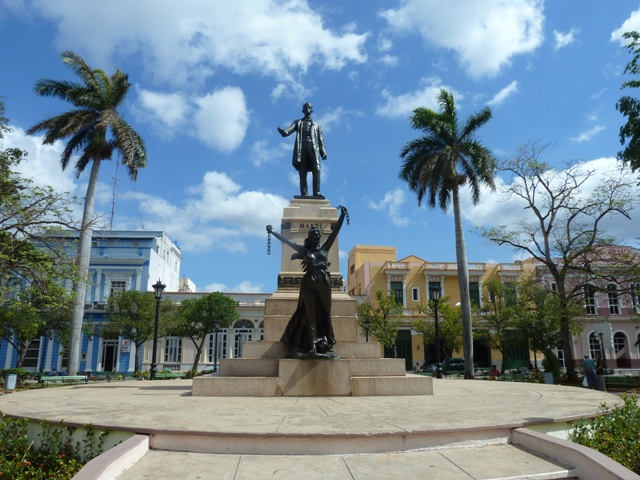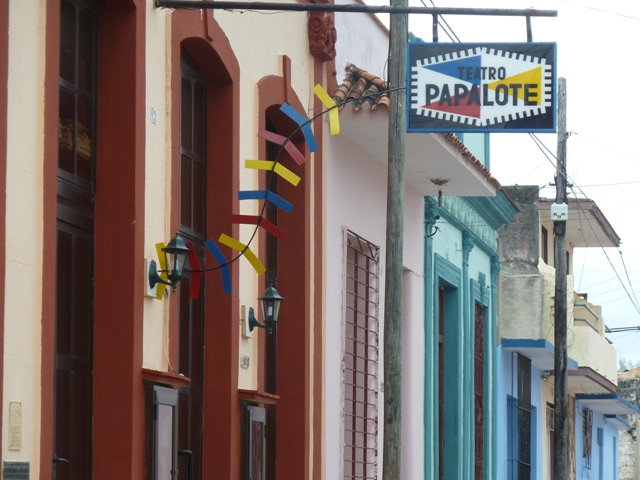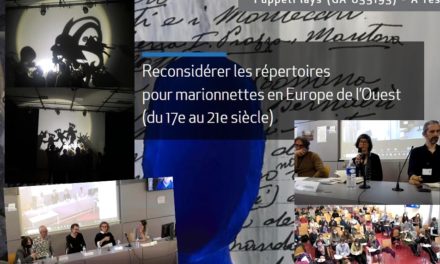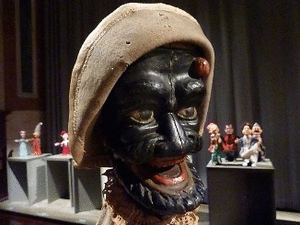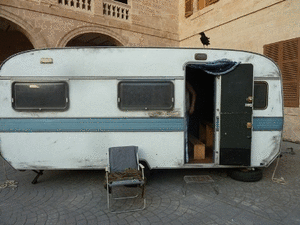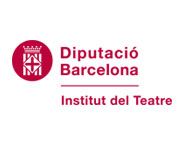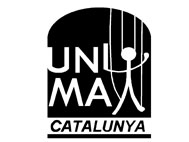Allow me to refer in this op-ed space to two specific places that present to us worlds and perspectives that are far apart and very different from each another: Cuba and China. I have just come back, in fact, from a long journey to the Caribbean island, long ago in Spanish hands, where I attended the Tenth International Puppet Workshop in Matanzas, and then spent a few days in Havana. And as happens to any Spaniard (and Catalan, furthermore) who goes to Cuba, I was overwhelmed by an avalanche of feelings in which history, city, culture, landscape and people come together and throw themselves straight at the jugular of your senses.
I don’t know what the future holds for this Caribbean island that has been so coveted by History, but from the perspective of puppetry I’m prepared to predict a priveleged situation as a bridge between the cultures of the Americas, EurAsia and Africa. A return, in other words, to the status Havana enjoyed – during centuries as part of the old Spanish empire – when it was one of the most important cities of the New World and was a port of arrival and departure for the fleets which crossed the Atlantic in both directions.
Of course, for this to happen, certain conditions will be necessary: 1 – that the groups and theatres scattered across the island, with Matanzas and Havana clearly as the two puppeteering capitals, continue to exist and can establish themselves on firm bases; 2 – that the excellent actors, constructors, playwrights and directors open themselves even more to the wide world of new and different currents than are running along the global arteries; and 3 – that the fields of organisational logistics and communications catch up, and free themselves from the brakes of bureaucracy and the strictures of state control. If these three conditions are met, Cuba, with its double capitals of Havana and Matanzas, can become an enviable network of relationships among the many Americas and multiple Europes, and the stunning African cultures and those of the increasingly important and mobile Far East. That is to say, a very special nexus of puppetry nexuses; a relaxed capital which climate, culture, music and the smoke of tobacco will make irresistible. Let’s hope it happens soon. Meanwhile, from our very modest puppet magazine we launch ourselves actively to dream this dream, – which is, after all, the best way to ensure that dreams come true.
And, on the other hand, China. A communist country, too, but one which dropped a certain amount of ballast years ago. In late May it will be rolling out the red carpet on the puppet stages of Chengdu: a large UNIMA Congress and a large World Festival. Ancient traditions will join with the latest in modern creativity. Chengdu will become an important hub for the world of puppetry, especially in Asia, and obviously wishes to remain so in the future, as demonstrated by its significant and new infrastructures and the impressive Shadow and Puppet Museum which it is home to. It seems that the Asian giant has realised that puppet theatre is not superfluous but, rather, is a treasure worth many carats in people’s interest, an indispensable complement and counterpoint to social and economic growth in any part of the world.
Emphasis on, and attention given to the arts is not something trivial but is, rather, a show of strategic and civilizational intelligence. Something that we should not wait for politicians to understand and to take seriously, but should simply impose by the force of facts and reason.

